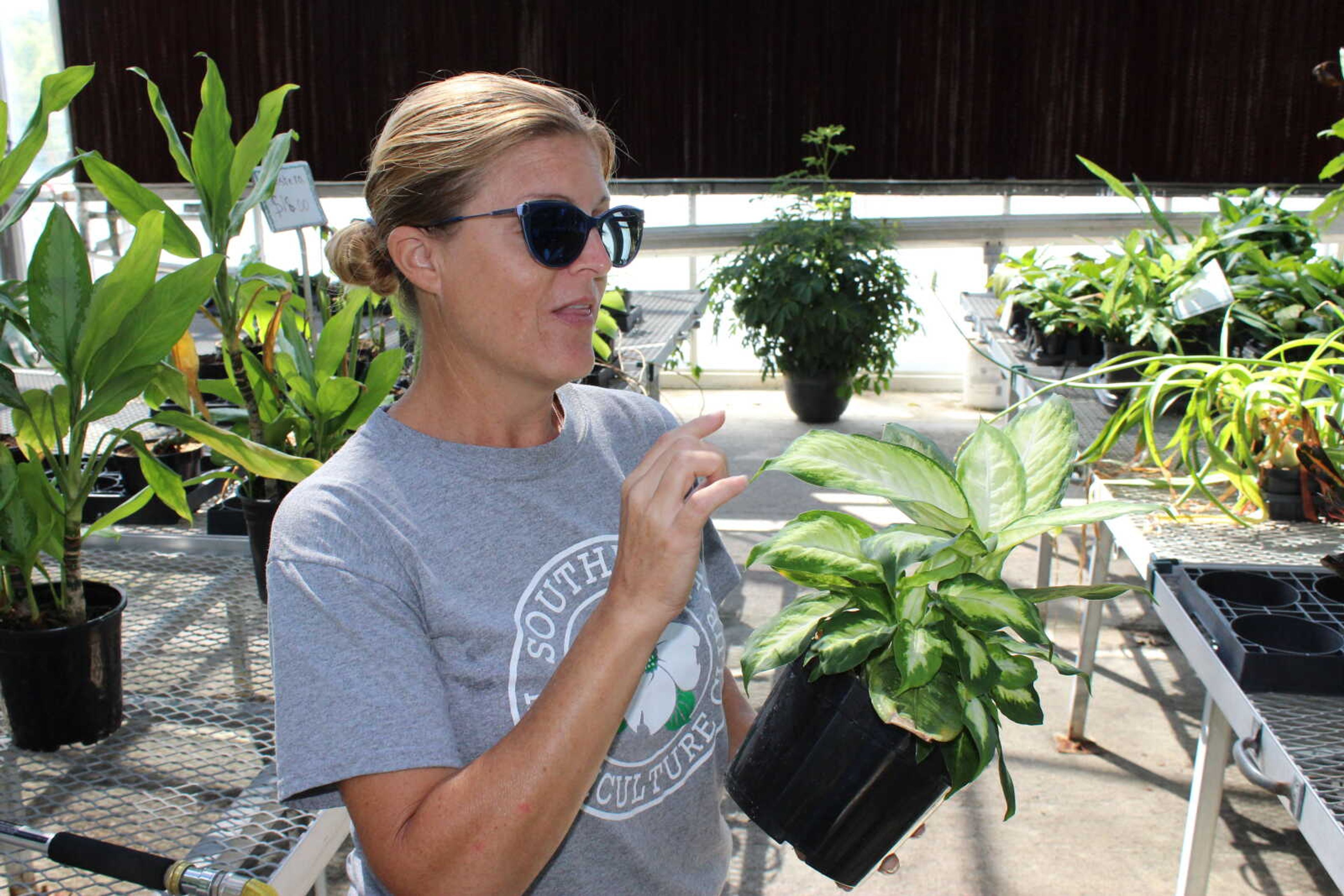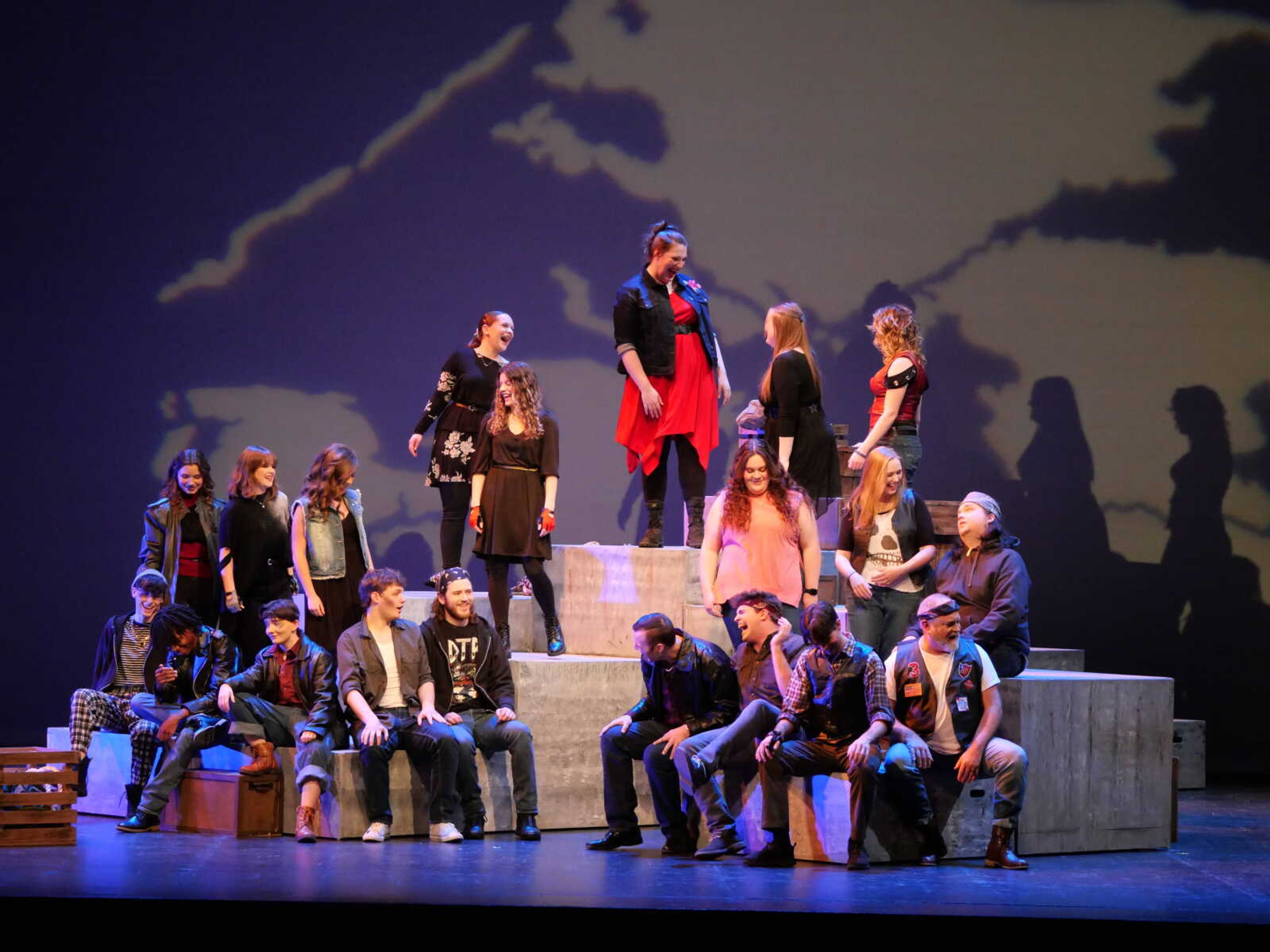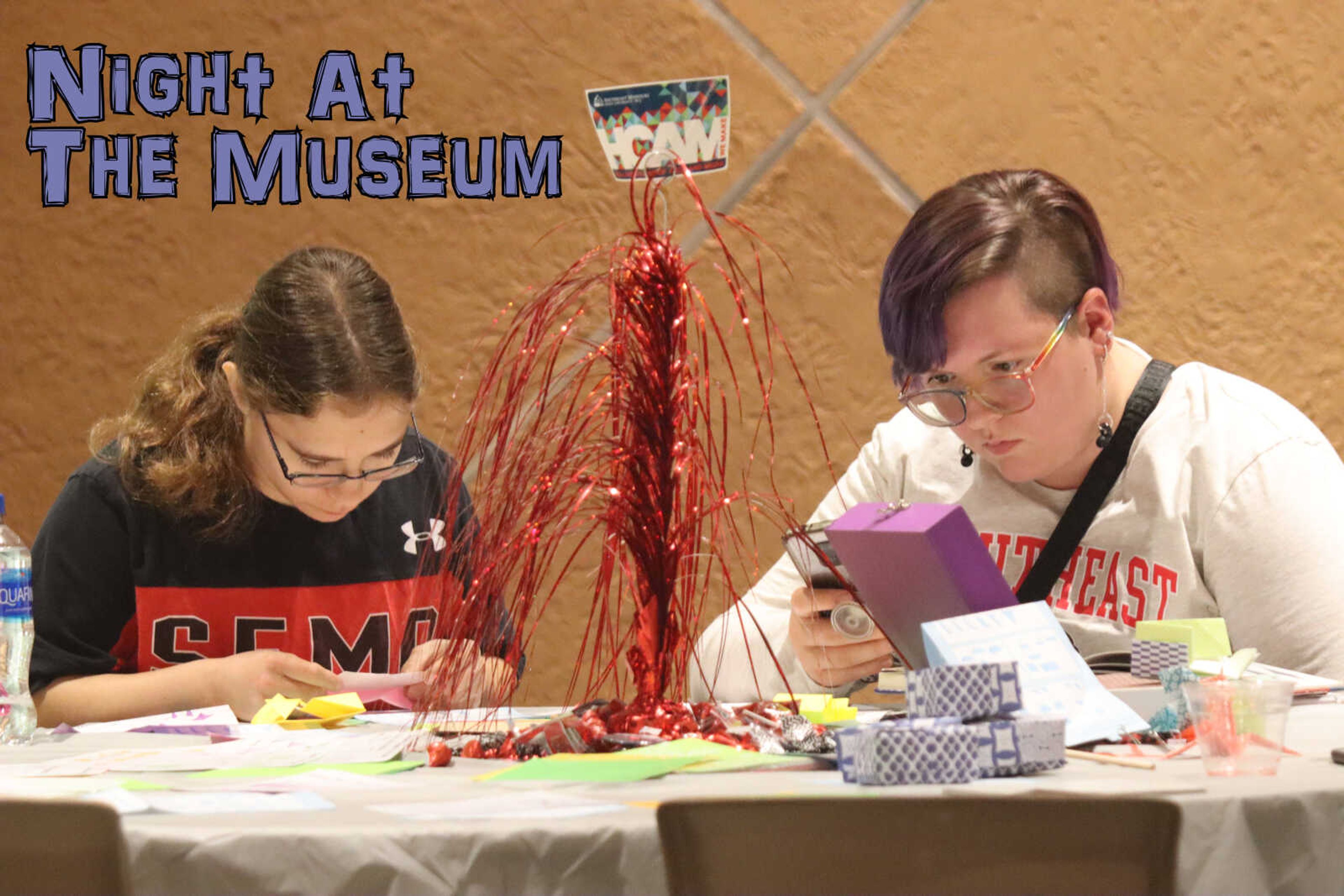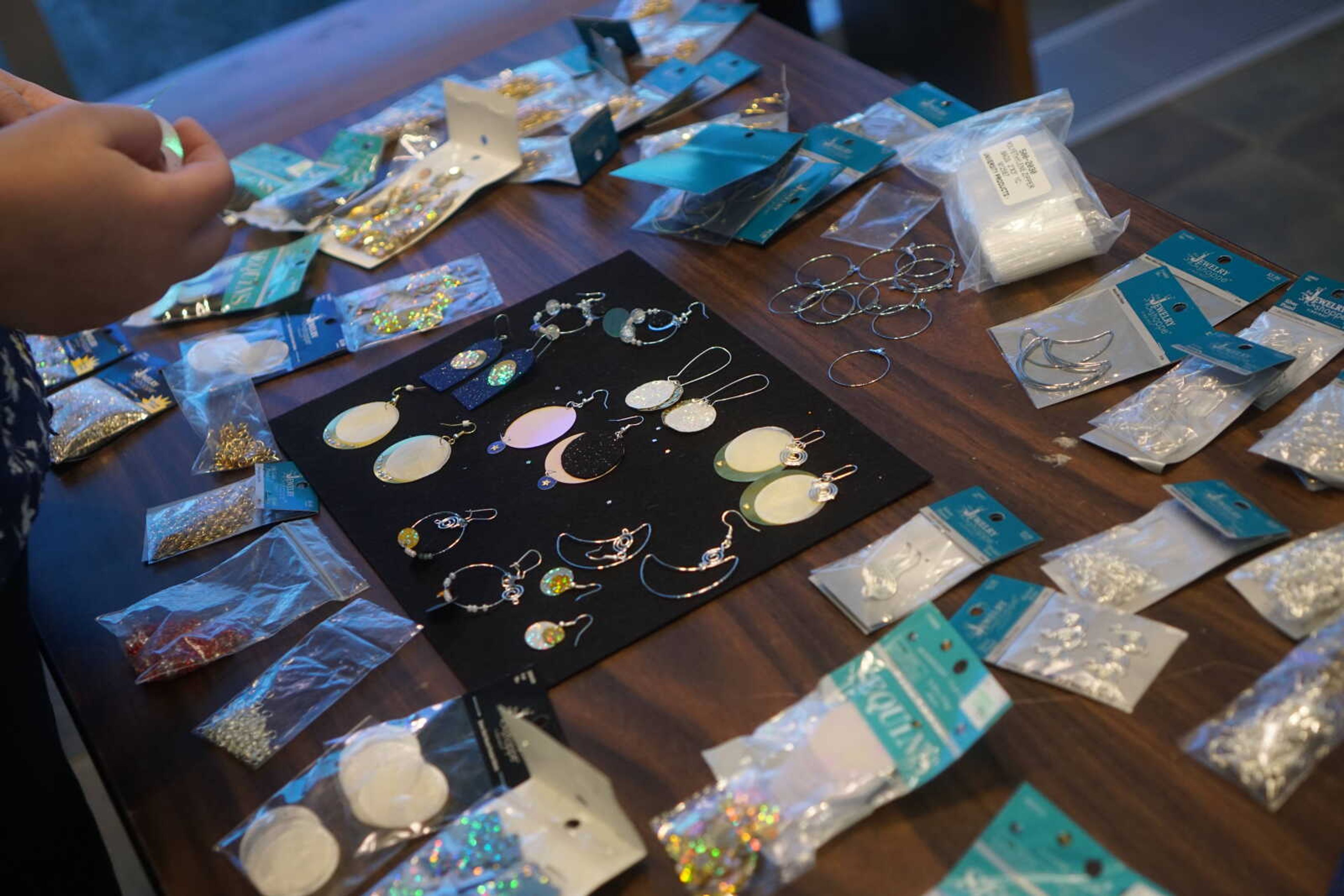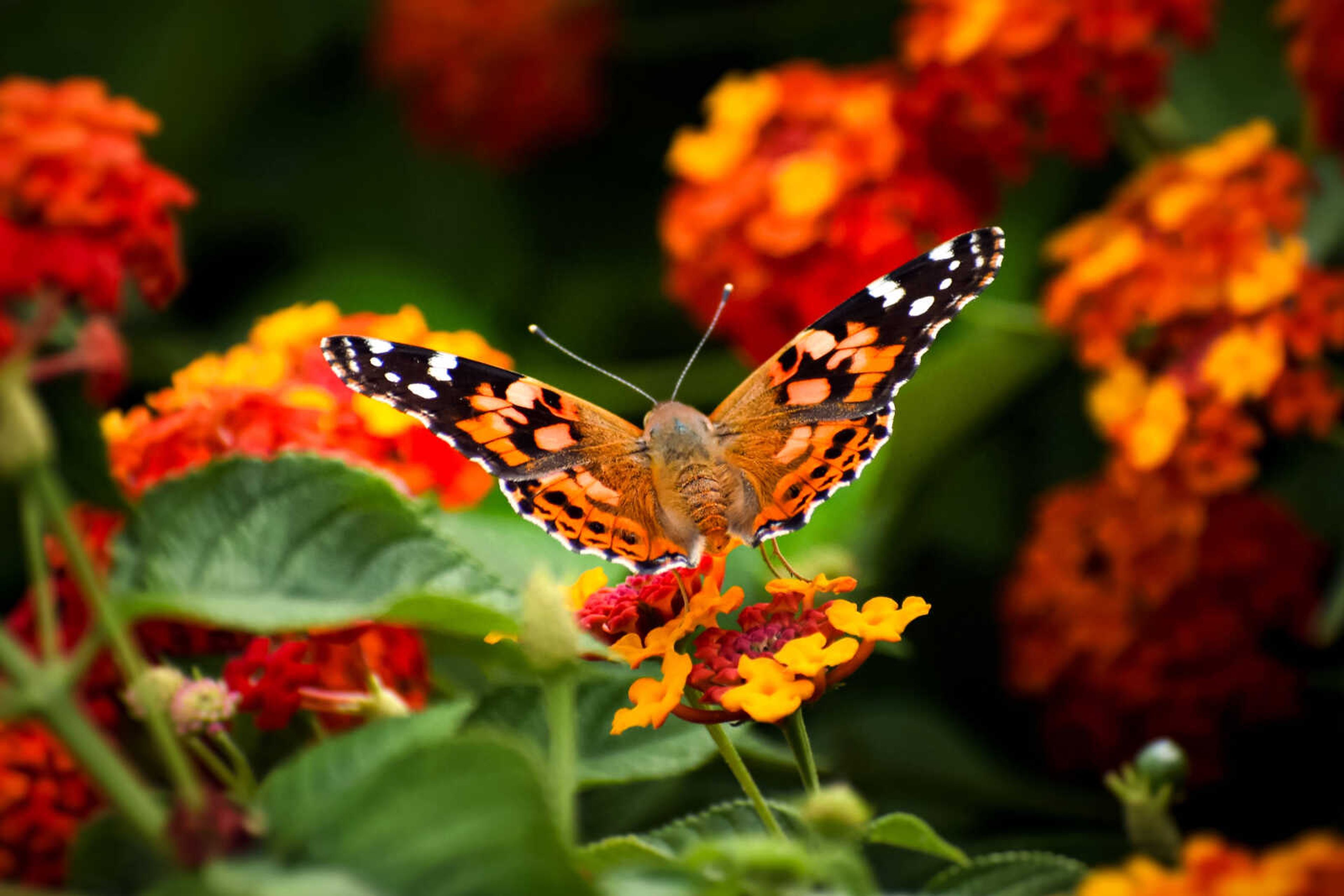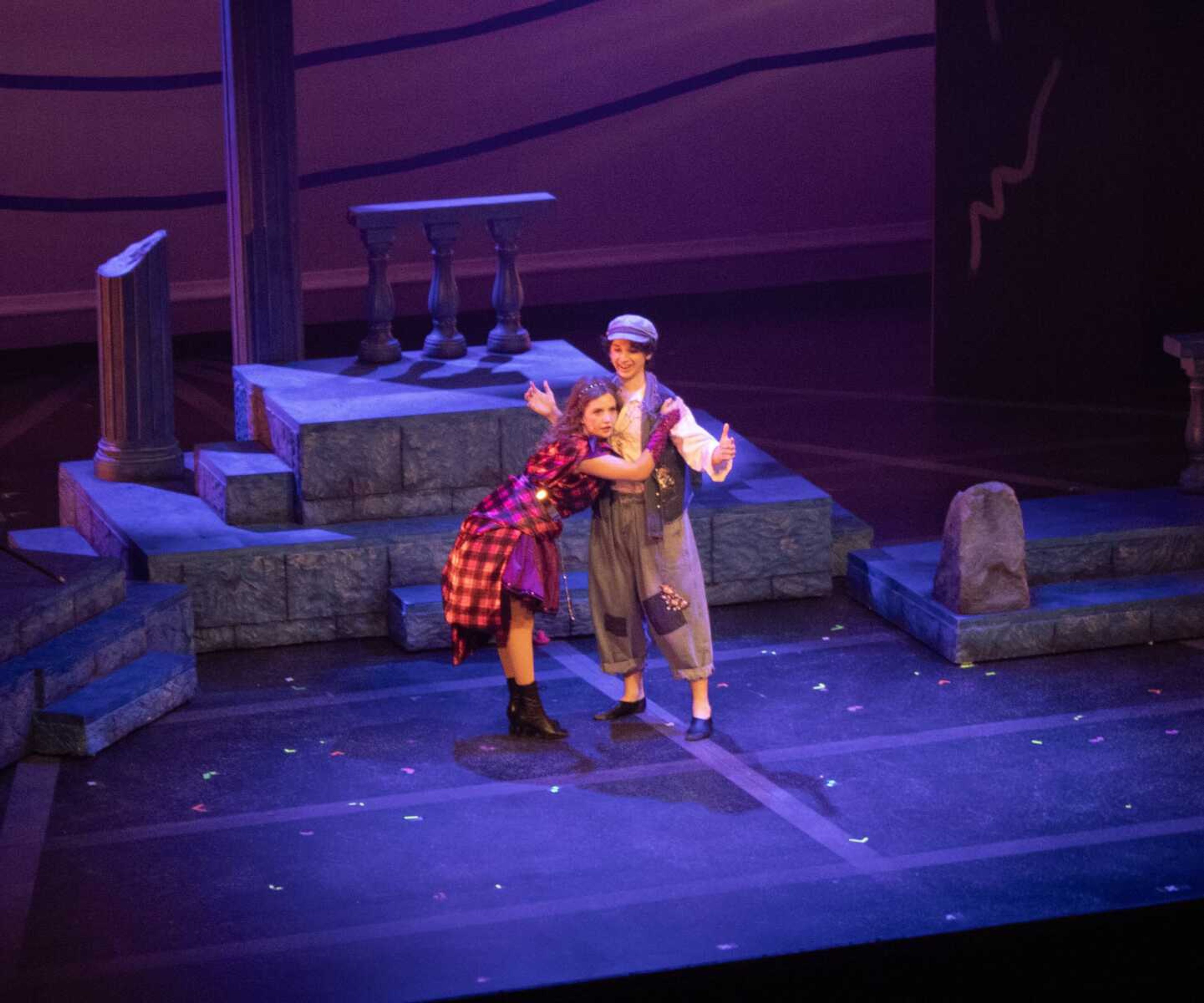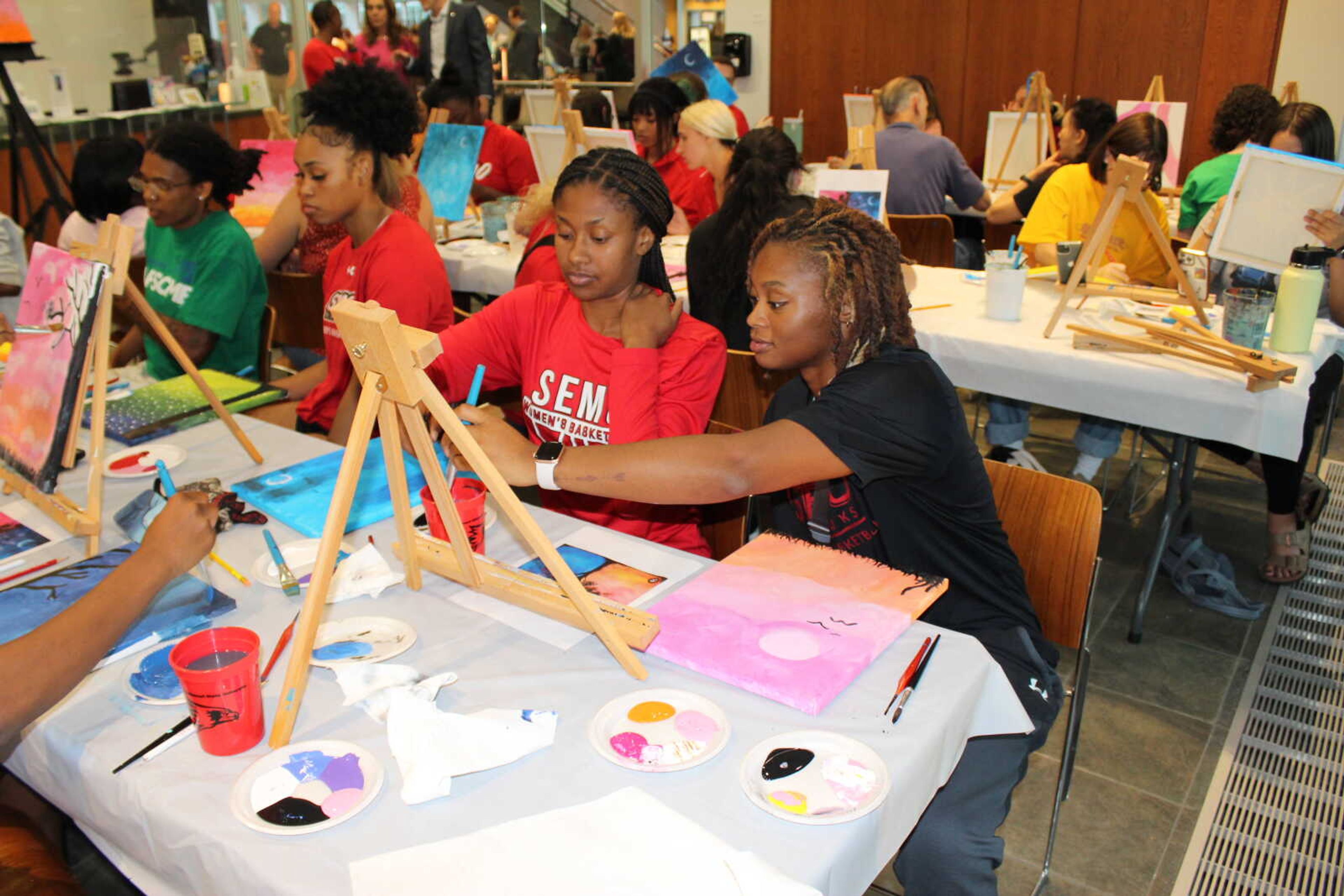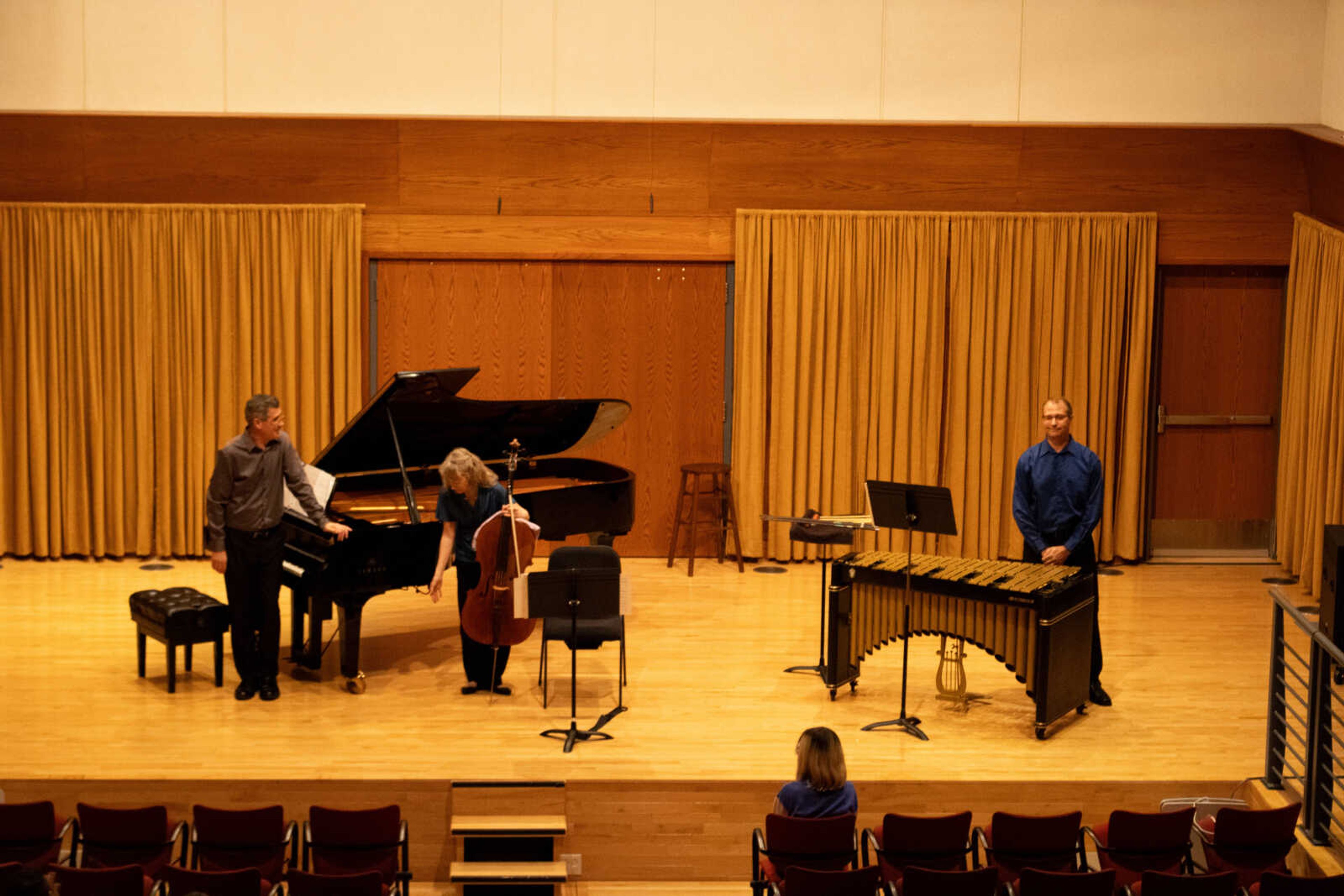Japanese students at Southeast Missouri State University shared their cultures, holiday celebrations and traditions with other international students who took part in a question and answer interview, intending to give their American peers a glimpse into holiday celebrations in their country.
Ingrid Haguihara, JSA president from Japan/Brazil, expressed her love for the New Year’s celebration and said it is by far the most widely celebrated holiday in Japan, and it is also her favorite of all the holidays.
Japanese people have been celebrating the New Year’s according to the Gregorian calendar since 1873, yet in Okinawa and some other parts of Japan, the Chinese calendar is used as
a guide to celebrating the new year.
Japanese New Year traditions are similar to America’s Christmas celebrations. The house is decorated, quality family time is spent, a special meal is prepared to eat, called “Osechi-ryouri,” then it is off to a shrine to pray and, the best part, many have said, is the holiday time taken off from work to celebrate.
Something Japanese do not do for New Year’s during “mochu,” a mourning period paying respects to those relatives or family members who may have passed in the previous year, it is customary to not join in on celebrating the new year. No meal is enjoyed, instead hagaki or postcards are sent out as an alert to others of the family’s deaths.
If you see a home in Japan that is not decorated while passing by it during New Year’s, it is often a sign the family living there has experienced a death this previous year. Mochu is one of the oldest traditions still used that is considered relevant to the world we live in today. It is important to show compassion to the bereaved.
Overall celebrations are common across all cultures, but the reasons for the celebrating is different and revere different things, but the greatest commonality among holidays was decided as the togetherness as a family and giving and receiving.
“My favorite holiday is Christmas because that’s, like, the longest break of the year, and you get presents from people and you get to give presents too, it’s a time to share,” Sophia Adams, a Japanese-American student, said.
Christmas is considered a secular holiday for most Japanese. With only an estimated 1 percent of Japan’s population being Christians, the traditional meaning of Christmas isn’t the birth of Jesus Christ, but rather the card sharing and buying children gifts presented as given by Santa Claus.
Christmas Eve has become celebrated more than Christmas Day. Younger people party with friends or have dates with their boy/girlfriends. A small tree is decorated and a cake is shared before tucking the children into bed. Christmas morning for Japanese children begins when they open their eyes to find their deliveries right where Santa left them, next to their headboards just for them to wake and see.
American children will be gathered around Christmas morning opening gifts left by Santa just for them right under their holiday trees, and some will read the Christmas Story with Mary and Joseph of Nazareth chosen parents of Jesus Christ’ Divinely Inspired-Holy Birth
When asked of all the American holidays the Japanese international students have celebrated here in the states is their favorite, Haguihara answered, “Oh, Halloween is the best and it’s so big, Americans are so crazy oh my gosh.” It was nearly unanimous that Halloween was a new favorite American holiday as well.
